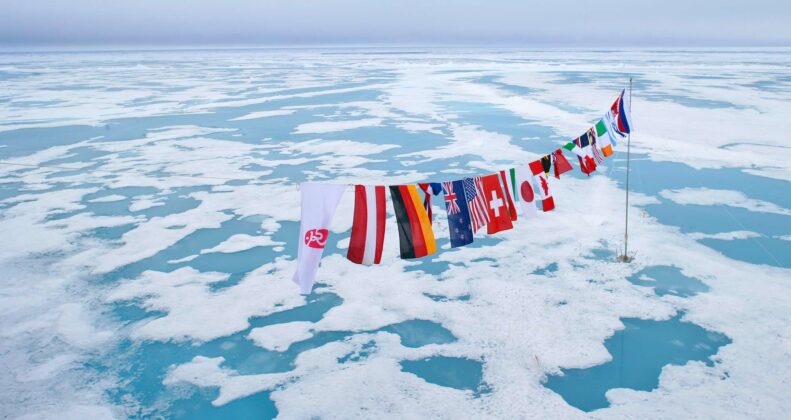The United Nations General Assembly Sixth Committee (also known as the Legal Committee or C6) is one of six main committees of the General Assembly of the United Nations. It deals primarily with legal matters and is the primary forum for the consideration of international law and other legal matters concerning the United Nations.

TOPIC 1: Creating guidelines for the North pole to deter illegitimate territorial claims and prevent commodity theft
In light of the shifting geopolitical climate, the North Pole becomes a point of interest and of disagreement for many countries. With the ice melting and exposing valuable resources such as oil and natural gas, territorial claims to the Arctic become a more pressing issue than before. To resolve this, clear guidelines and rules need to be implemented.

TOPIC 2: Preventing the militarization of space and advocating for peaceful utilization of outer space
Since the very first human was launched into space, there have been ideas on how to use it to conduct warfare. Many were thankfully prevented by the Outer Space Treaty, which also set some guidelines for extraction of resources from space, however it was far from all encompassing. With recent increase in private space travel agencies such as SpaceX or Blue Origin, the commercialization of space is approaching and with it the threat of economically inspired conflict.
COUNTRY MATRIX:
Beginner: Belarus, Germany, Iceland, Kazakhstan, Thailand, Turkmenistan
Intermediate: Denmark, DPRK, FInland, Iran, Japan, Norway, Sweden
Advanced: Canada, French Republic, India, People’s Republic of China, Russian Federation, United Kingdom, United States of America
